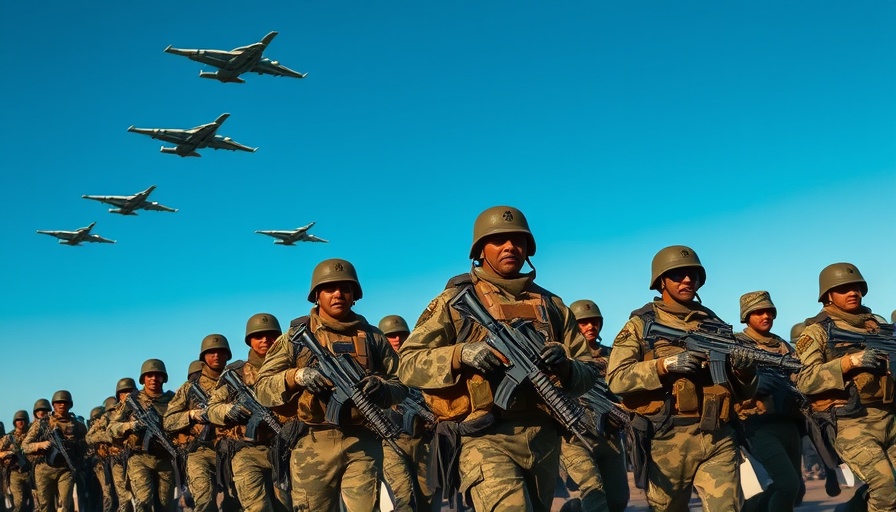
Understanding the Houthi Threat: A Missed Opportunity
In recent months, the global political landscape has seen escalating tensions, particularly in the Middle East. Amidst the chaos, Israel's intelligence failures regarding the Houthi group in Yemen have highlighted a significant security gap. While many within Israel focused on immediate threats such as Hamas and Iran, the Houthis quietly grew in strength, armed with sophisticated missile technology capable of reaching Israeli territory.
Why Yemen Was Seen as a Secondary Front
The ongoing conflict in Yemen has been perceived by many, including Israeli policymakers, as a distant concern—something categorized primarily as a "secondary front." This has proven to be a critical miscalculation. As the Houthis advanced their missile capabilities, warnings that they could pose a danger to Israel were largely ignored. This blindness to the evolving threat stems from a broader strategic oversight in prioritizing regional dynamics.
What the Missed Signals Mean for Israel
Just days before the outbreak of violence on October 7, intelligence agencies reportedly uncovered alarming evidence of heightened Houthi military readiness. The failure to appreciate the implications of this intelligence signals a troubling trend within defense circles, which may affect Israel's future security calculations profoundly. As a historian might point out, ignoring strategic shifts in military capability can have dire consequences.
Engaging with the Broader Context: The Role of Faith and Advocacy
For our audience—culturally engaged, mission-minded Christians—the implications extend beyond geopolitics. The situation in Yemen, exacerbated by humanitarian crises and the plight of religious minorities, draws attention to the moral responsibility of believers globally. Engaging in prayer, advocacy, and humanitarian assistance for those affected by the violence is crucial.
Forging Paths Towards Peaceful Understanding
With increasing tensions among militant groups and nations, fostering dialogue becomes imperative. Initiatives that nurture interfaith connections can lay the groundwork for more profound peace-building efforts. Understanding the Houthis from a humanitarian lens may empower more compassionate responses from the Christian community striving for justice and reconciliation.
Strategic Lessons for the Future
The unfolding events surrounding the Houthi threat serve as a reminder of the need for careful examination of our security assessments. Will Israel adapt its strategy to ensure it does not overlook potential dangers in favor of immediate concerns? The answer lies in acknowledging the interconnectedness of threats that often overlap with humanitarian considerations.
Conclusion: Taking Action in Response
As we reflect upon these developments, we are called to engage more deeply with issues of security, justice, and compassion in our advocacy. The situation in Yemen and its potential impact on Israel underlines a critical need to keep informed and responsive. Encouraging informed discussions within our communities can empower more effective action towards building peace and aiding those in distress.
 Add Row
Add Row  Add
Add 








 Add Row
Add Row  Add
Add 

Write A Comment